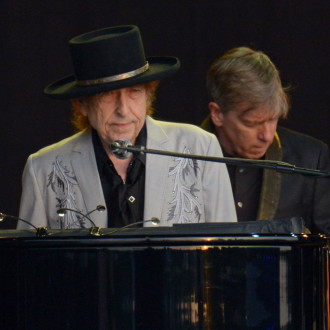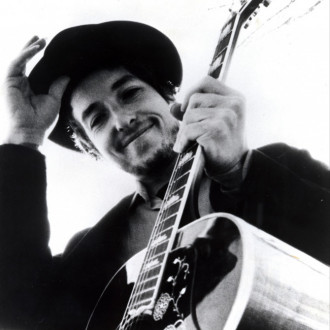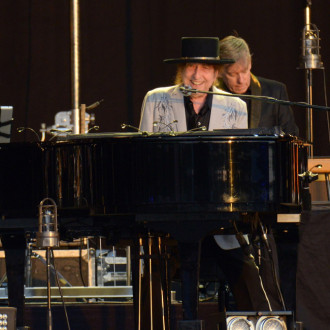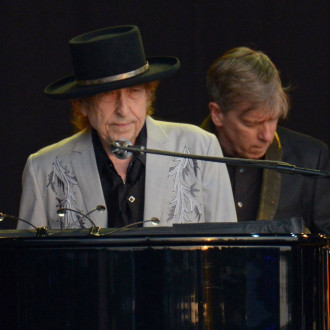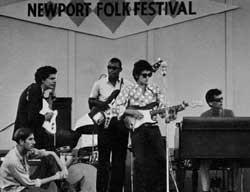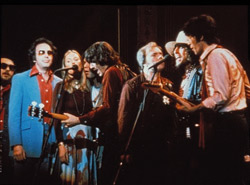Review of Triplicate Album by Bob Dylan
On his new album, Bob Dylan sings, “I’m weary all of the time”. If the more upbeat tracks were less energetic, that would be a good summary of all the content found on this horribly colossal overindulgence of a triple album. ‘Triplicate’ is, in the main, as tired as it is tiresome. Imagine your grandfather singing along to a slow ballad while drowsy. That is what Dylan sounds like for most of this set.
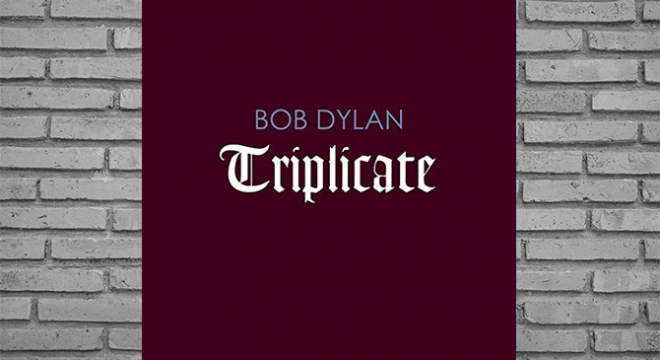
None of the songs performed here by Dylan, one of the most revered lyricists since David the Psalmist, are written by the man himself. An interesting surprise move by the most recent recipient of the Nobel Prize for Literature, it was never likely to pay off, even for the man whose reckless courage and wisdom were displayed when he shocked the masses all those years ago by deciding to ‘go electric’. I mean, let’s face it: Dylan’s singing has never been the best. He often made up for that, though, with top-quality lyrics and/or points of musical interest. Here, the singer would not be able to compensate in that way.
It’s not just the fact that his new contribution is a triple album of covers that may be unexpected to some. The jazzy, smooth kind of crooning on display here, a genre some may see as being dated by the time The Beatles were finished with touring and Blonde on Blonde came out, is almost as alien to most of Dylan’s adventures in sound as house music and hip-hop are, varied though the songwriter’s recording career has been. Many who heard his great take on ‘Melancholy Mood’, released in 2016, or the album that preceded it might have predicted something along these lines, but three discs’ worth of it? Really?
Although things get off to a relatively strong start with the album’s first song (‘I Guess I'll Have to Change My Plan’), the second track’s (‘The September Of My Years’) rather foreboding intro gives way to music that is mainly lacklustre and boring, and the situation stays that way until the first disc’s final composition adds to the mixture some pace – and hope for the listener whose endurance test is not yet over. Things look brighter when the opener of the second third, a song called ‘Braggin’’, appears. immediately sounding superior to most if not all tracks, and ‘P.S. I Love You’, although it is a slow number, betters the majority of songs here. These pieces and disc one’s ‘Trade Winds’ are, unlike most songs here, much more than just a wash of guitar paired with dozy singing, the occasional interesting musical embellishment or intro and sometimes emotive lyrics. ‘It’s Funny to Everyone But Me’, near the very end, is a lyrical standout.
Generally on ‘Triplicate’ Dylan is so laid back that he’s completely horizontal. However, there is nothing wrong with a chilled, jazzy style itself. For an example of Dylan performing it brilliantly, see his earlier song ‘When the Deal Goes Down’. That said, this three-disc monstrosity is an example of how too much, even of a good thing, can make you feel sick of it. This became pretty clear even prior to the end of the first disc.
Though never amazing, the lyrics are far better than the singing on most of the album. The failure of Dylan’s vocal performance to add almost any degree of interest to proceedings is clear from an examination of ‘The Best is Yet to Come’, wherein his tedious singing does not really fit the song most of the time and pales in comparison to the version by Count Basie and Frank Sinatra. Sometimes the vocals are just bad, as it is during moments from ‘Where Is the One’.
The music is not all dull, but even the welcome rich tones of the upright bass, other stringed instruments and the horn section, all of which add texture to the samey proceedings, cannot on their own rescue the album. How could they? These are support parts, and not the sort played by the Red Hot Chili Peppers’ bassist Flea or the jazz trumpeter Miles Davis. Despite the promising beginning of ‘Stormy Weather’, suggesting a change of mood and an injection of more excitement into the music, that intro leads actually to the same old sleepiness until the darker sounds reappear at the song’s end.
There are moments where the lead guitar show some of Dylan’s prolific guitar skills, however, there seems to be nothing there to write home about – even the solo which closes ‘Imagination’ has nothing on the intro to ‘Melancholy Mood’ – and his early tracks’ guitar lines are generally much better, though very different in style to those found here, something not that obvious given that, judging by their style, the songs found on ‘Triplicate’ were probably written long before the likes of ‘Boots of Spanish Leather’.
The album’s main idea is not necessarily the problem, but it is executed very poorly, primarily because of its singing, stylistic blandness and gargantuan length – although, make no mistake, all of these could be worse. There is, however, a sense that many of the songs could have been good if done in a much more interesting way. Even a significant change of tempo would probably colour things more positively. As it is, ‘Triplicate’ is a rather poor album for anyone, let alone Bob Dylan, to release. Let us hope for another creative comeback as soon as possible.



